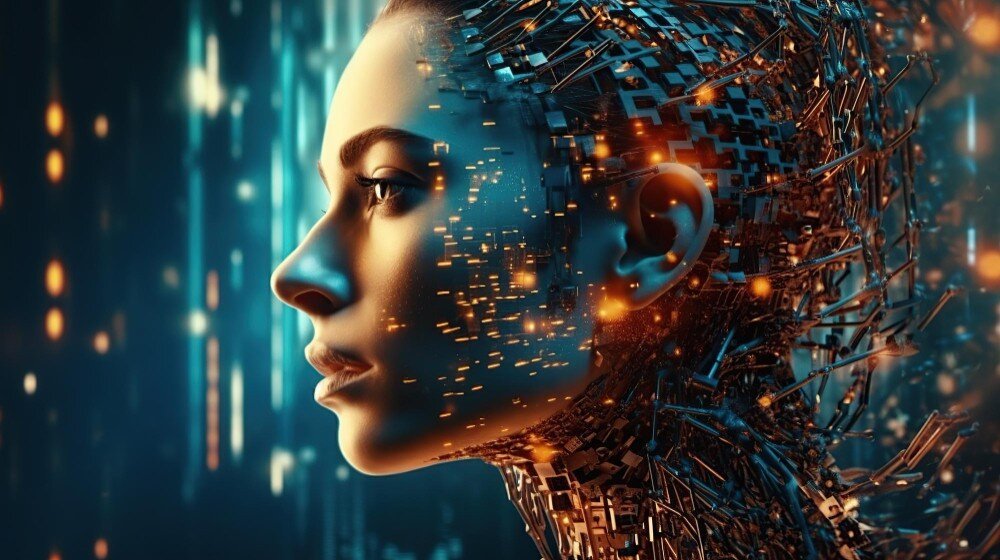
How AI is Revolutionizing Talent Acquisition
Posted on February 7, 2023
In recent years, Artificial Intelligence (AI) has emerged as a game-changer across various industries, and human resources, especially talent acquisition, is no exception. The adoption of AI in talent acquisition is transforming recruitment processes, making them faster, more accurate, and more candidate-friendly. By automating repetitive tasks, enhancing candidate experiences, and even predicting a candidate’s future performance, AI is redefining the way companies find, attract, and hire talent.
1. Automating Repetitive Tasks
- Resume Screening: Traditional resume screening is often time-consuming and prone to bias. AI-driven resume screening tools can scan thousands of resumes within minutes, identifying the most suitable candidates based on specific skills, experience, and other criteria set by the recruiter. This not only reduces the time to hire but also ensures that hiring managers focus on high-quality candidates.
- Scheduling Interviews: Coordinating schedules between candidates and interviewers is another task AI can handle efficiently. Tools with AI-powered chatbots can automate the process, offering candidates available times and sending reminders, freeing recruiters from tedious scheduling tasks.
2. Enhancing Candidate Sourcing and Outreach
- Predictive Analytics for Talent Pooling: AI can analyze a company’s past hiring data to predict where the best talent might come from. For example, if data shows that a particular university or company has produced top performers, AI algorithms can prioritize candidates from those sources.
- Programmatic Job Advertising: By using AI-driven tools, companies can optimize where their job ads are displayed. These tools analyze historical data on candidate behavior and job performance, ensuring job postings reach the right candidates on the right platforms, leading to better hiring outcomes.
3. Improving Candidate Matching
- Skills Matching: AI-powered algorithms can match job descriptions with candidate resumes, identifying candidates whose skills align with the job requirements. This goes beyond simple keyword matching and can assess contextual relevance to find the best fits.
- Cultural Fit Assessments: AI can evaluate personality traits and values through surveys or analysis of language used in a resume or social media profiles. By analyzing these aspects, AI tools can help find candidates who align with the company culture, reducing the likelihood of turnover.
4. Streamlining the Candidate Experience
- Chatbots for Real-Time Communication: AI chatbots are increasingly popular in recruitment, as they provide 24/7 support, answer candidates’ questions in real time, and guide them through the application process. This makes the recruitment experience smoother and more engaging for candidates, enhancing the employer’s brand.
- Personalized Communication: AI enables recruiters to tailor their communication based on candidates’ profiles and interactions with the company. Candidates receive personalized messages about job openings, interview feedback, and other updates, making the recruitment process feel more considerate and human.
5. Reducing Bias in Hiring
- Blind Screening: AI algorithms can be programmed to ignore factors like gender, age, and ethnicity, focusing purely on qualifications and experience. This reduces unconscious bias, helping to foster a more diverse workforce.
- Objective Performance Prediction: AI models can predict a candidate’s job performance by assessing past job history, skills, and other relevant data points, helping recruiters make more objective hiring decisions.
6. Optimizing Onboarding
- Pre-Onboarding Engagement: AI can maintain engagement with new hires before they join, using automated workflows to provide company information, answer FAQs, and even prepare training schedules.
- Customized Training Plans: Based on the employee’s role and learning pace, AI can tailor an onboarding program that gradually introduces them to their new responsibilities and team. This helps new hires acclimate faster, setting them up for long-term success.
7. Advanced Data Analytics for Strategic Decision-Making
- Recruitment Analytics: AI tools provide insights into the effectiveness of recruitment channels, time-to-hire, cost-per-hire, and other KPIs, empowering HR teams to make data-driven decisions.
- Talent Forecasting: AI can analyze industry trends, internal attrition data, and upcoming projects to predict hiring needs. This enables HR leaders to proactively plan recruitment strategies, rather than reacting to immediate needs.
Conclusion: A New Era of Recruitment
AI is changing the landscape of talent acquisition by making the process more efficient, inclusive, and candidate-centric. As AI tools continue to evolve, the recruitment process will become even more seamless, predictive, and fair. For organizations, embracing AI in talent acquisition not only optimizes hiring costs but also helps attract and retain top talent in today’s competitive job market.
This blog post highlights how AI is reshaping the recruitment landscape, showcasing the many ways it enhances the talent acquisition process. Let me know if you’d like additional examples or specific AI tools for each of these areas!
Categories: Talent Acquisition
